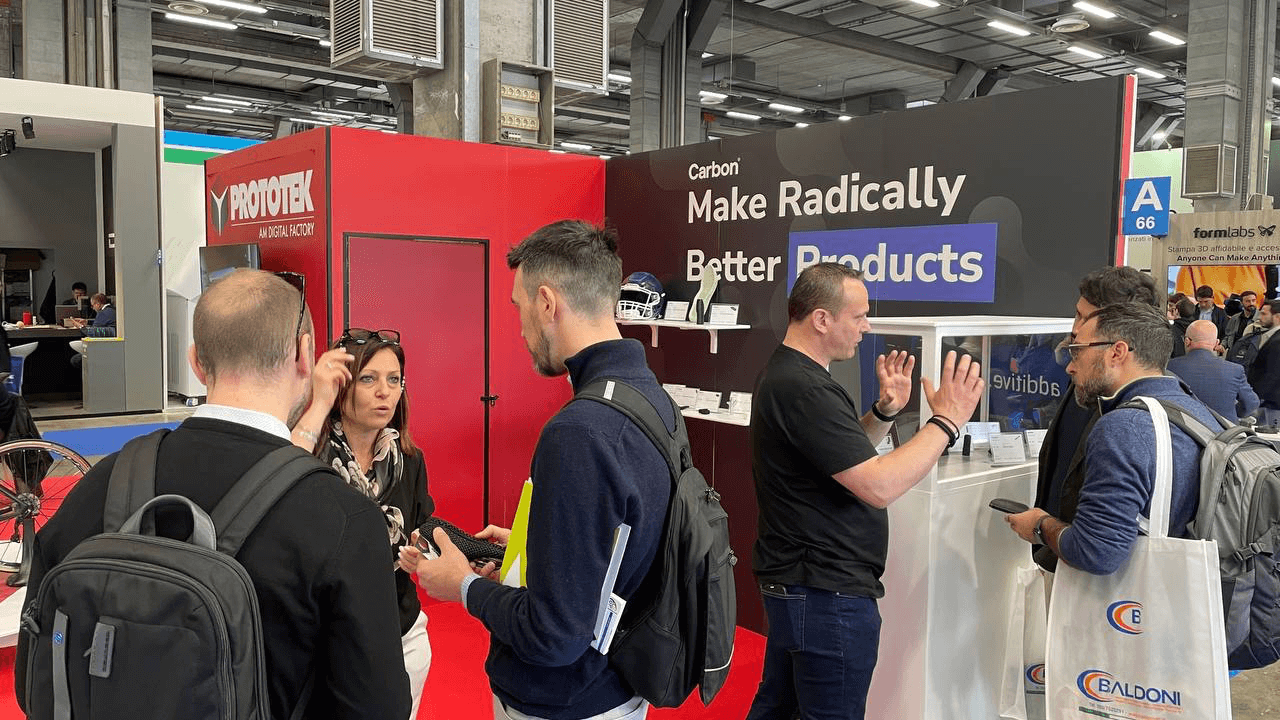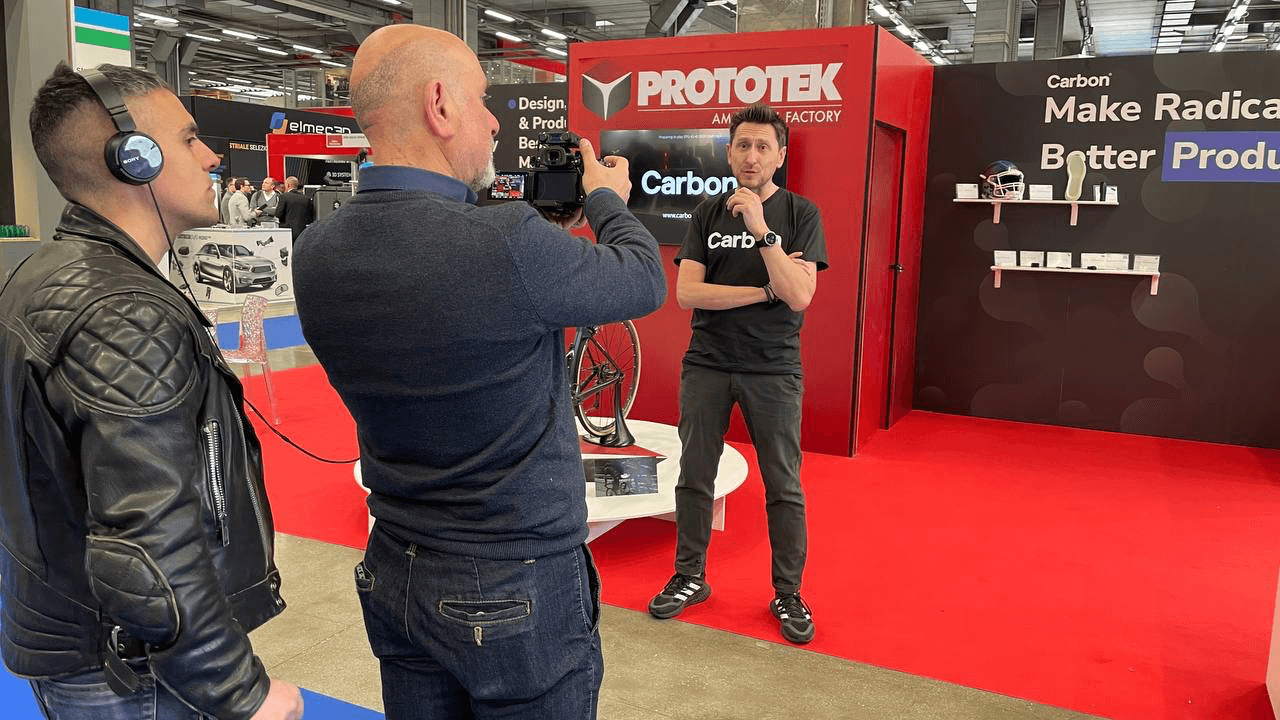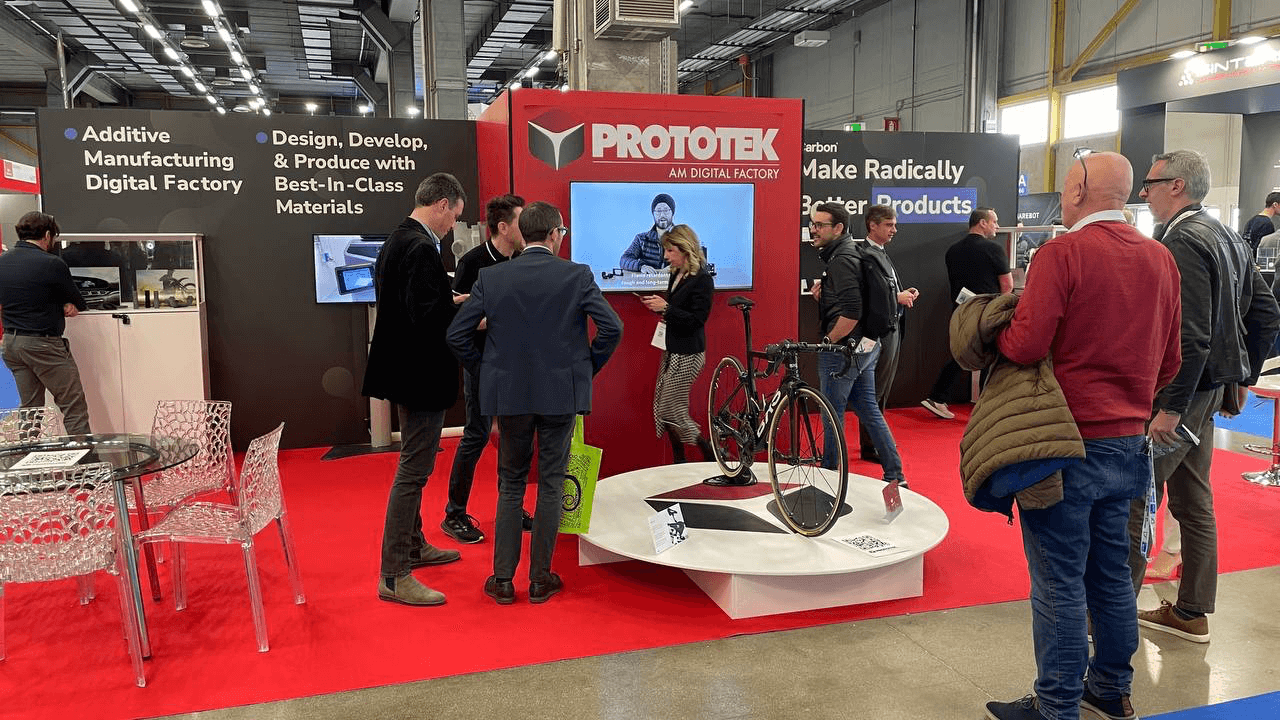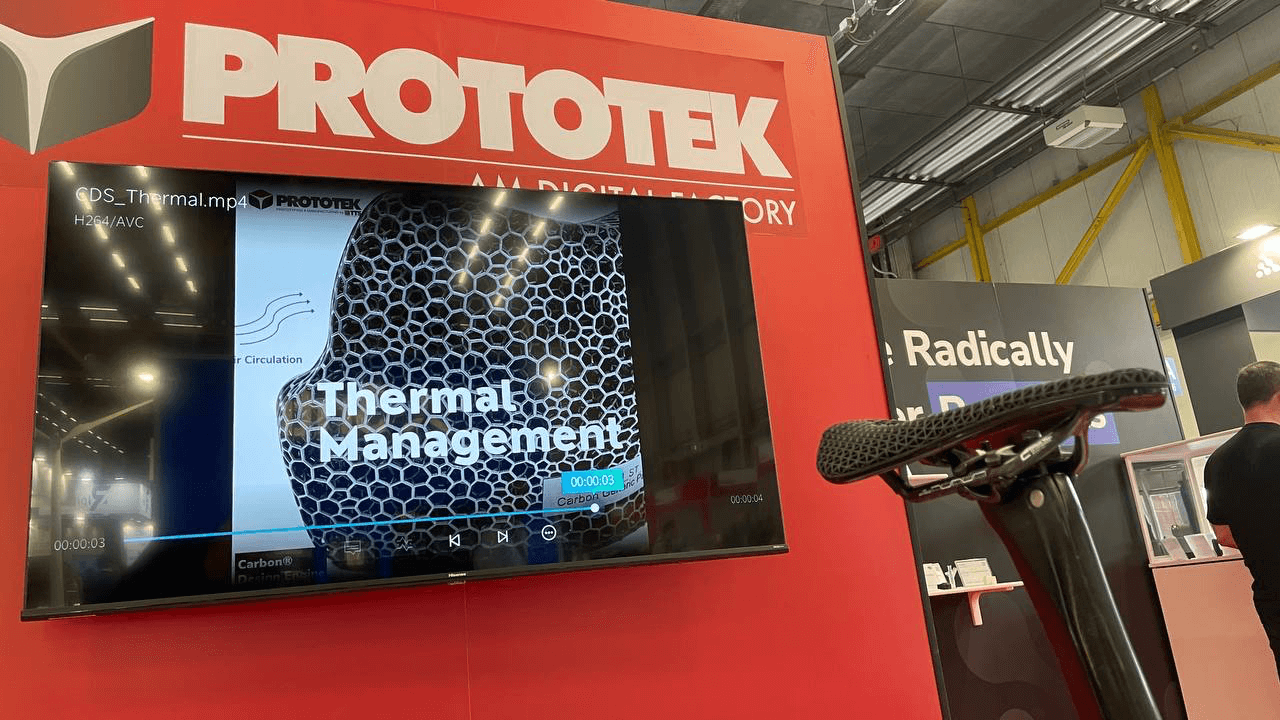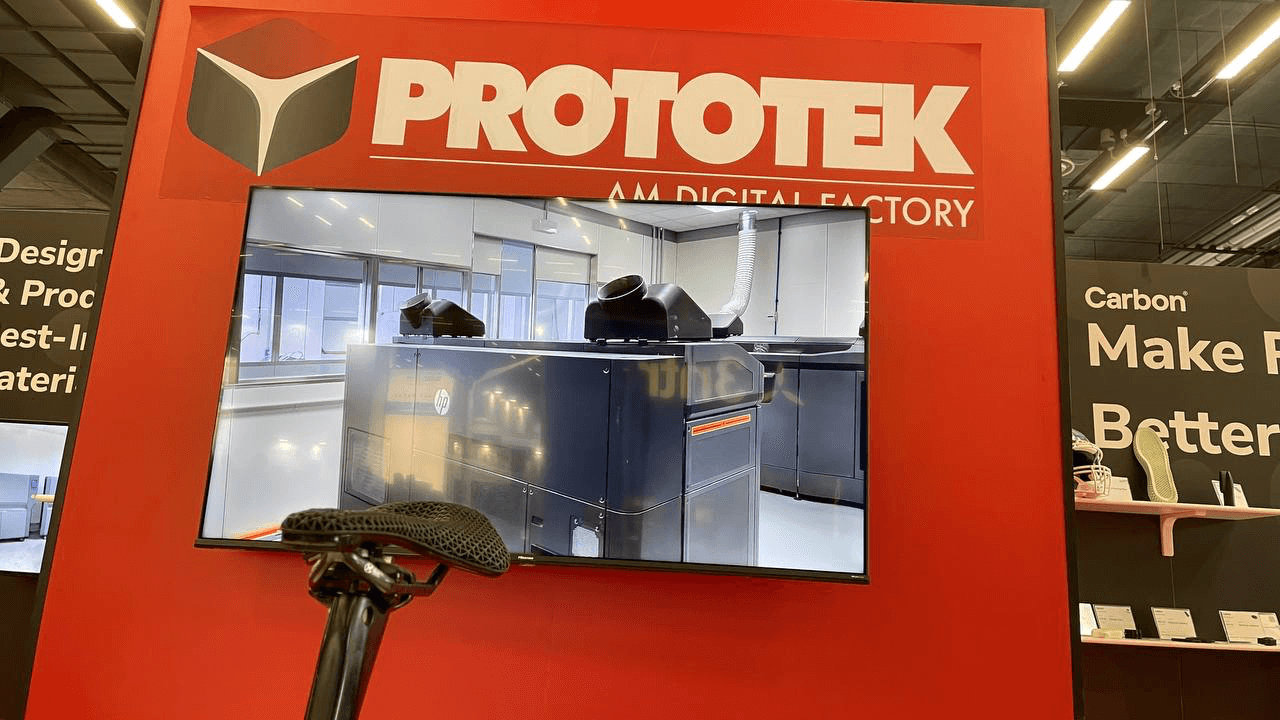The adoption of 3D printing for industrial machinery, especially in the packaging and automation sectors, is becoming a strategic lever for innovation and efficiency. More companies are recognizing the value of additive manufacturing not just for prototyping, but also for producing fully functional, end-use components.
At the 2025 IPACK-IMA exhibition in Fieramilano Rho, Prototek met numerous industrial players, many of whom specialize in designing and producing machinery for packaging, automated handling, and robotics.
A common need? Custom components and accessories, often difficult or costly to produce using traditional methods.
In this context, industrial 3D printing proves to be an effective solution to reduce development time, production costs, and complexity, while providing maximum flexibility and quality. Leveraging advanced technologies such as HP Multi Jet Fusion (MJF) and Carbon® DLS, Prototek can deliver functional components, rapid prototypes, and small series using advanced technical materials like Nylon PA12, TPU, and rigid or elastomeric Carbon resins.
Key Benefits of 3D Printing for Industrial Machinery
Rapid Prototyping and Validation
3D printing enables the creation of real prototypes within hours or days, even with highly complex geometries. Companies can perform functional, ergonomic, and mechanical testing more frequently, reducing errors and accelerating product development cycles.Customization Without Molds
Unlike traditional manufacturing, 3D printing does not require molds or tooling to create parts. This allows for unique or personalized components without high upfront costs, ideal for custom orders or functional prototypes.Reduced Time-to-Market
Additive manufacturing enables rapid transition from concept to production, significantly shortening time-to-market. This provides a competitive edge, particularly in industries where rapid innovation is essential.On-Demand and Just-in-Time Production
3D printing allows production on demand, eliminating inventory costs and overstock. Companies can produce only what is needed, when it is needed, enhancing logistical efficiency compared to traditional methods.
Practical applications in Packaging and Automation Machinery
Industries in these sectors can utilize 3D printing to:
Create custom grippers and tools for robotic systems
Produce spare parts in record time
Develop ergonomic devices or personalized accessories
Optimize the design and functionality of complex components.
Advanced Materials for High Performance
Prototek employs a selection of next-generation technical materials designed to ensure reliable, repeatable, and certified performance in demanding industrial applications:
Nylon PA12 – High mechanical strength and dimensional stability. Ideal for brackets, structural supports, housings, guides, and components under static load.
TPU (Thermoplastic Polyurethane) – High elasticity, wear and abrasion resistance. Perfect for flexible joints, seals, shock absorbers, and soft interfaces.
Heat-Resistant Resins (e.g., EPX 86fr) – Stable at high temperatures with excellent rigidity and dimensional precision. Ideal for electrical components, clamps, structural supports, and high-temperature guides.
Carbon® Elastomers (e.g., EPU 40) – Excellent resilience, elastic memory, and fatigue resistance. Ideal for flexible grippers, dynamic seals, vibration dampers, and soft-touch interfaces.
Carbon® Rigid Materials (e.g., RPU 70, EPX 82) – High rigidity, impact resistance, and thermal stability. Perfect for housings, structural covers, levers, knobs, and high-performance industrial components.


Competitive advantage with Industrial 3D Printing
Implementing 3D printing for industrial machinery not only accelerates development but also significantly enhances return on investment. Companies can minimize material waste, reduce costly errors, and avoid expensive tooling, achieving both cost-efficiency and sustainability.
Rapid iteration allows faster response to market changes, while customized components improve machine performance and reliability. Businesses adopting additive manufacturing gain a clear competitive advantage, as they can deliver innovative solutions faster, scale production flexibly, and maintain high-quality standards without compromise.
The result is a smarter, leaner production process that drives measurable business growth in industrial automation and packaging sectors.
Additive Manufacturing in Industry: more value, fewer compromises
In a constantly evolving market, additive manufacturing enables intelligent innovation. Speed, customization, and reliability become enablers of modern, efficient, and sustainable production.
Integrating 3D printing into manufacturing processes is not just an innovative choice; it is a concrete lever to enhance productivity, accelerate development, and respond flexibly to market demands.
Prototek is the industrial partner for companies looking to integrate 3D printing professionally and certifiedly into their production workflows. From CAD design to finished parts, we provide expertise, advanced technologies, and certified materials.
Contact us to discover how we can improve your production processes and create custom components and accessories for your industrial machinery.

